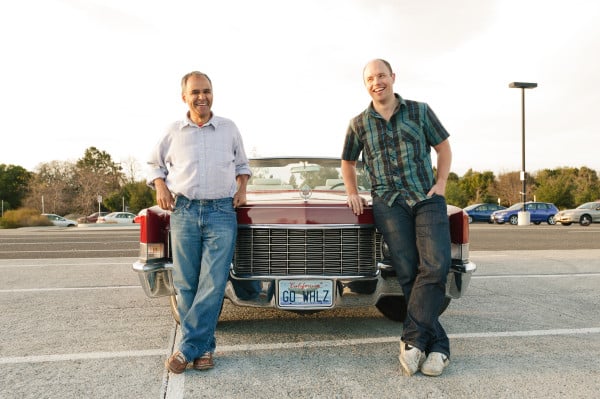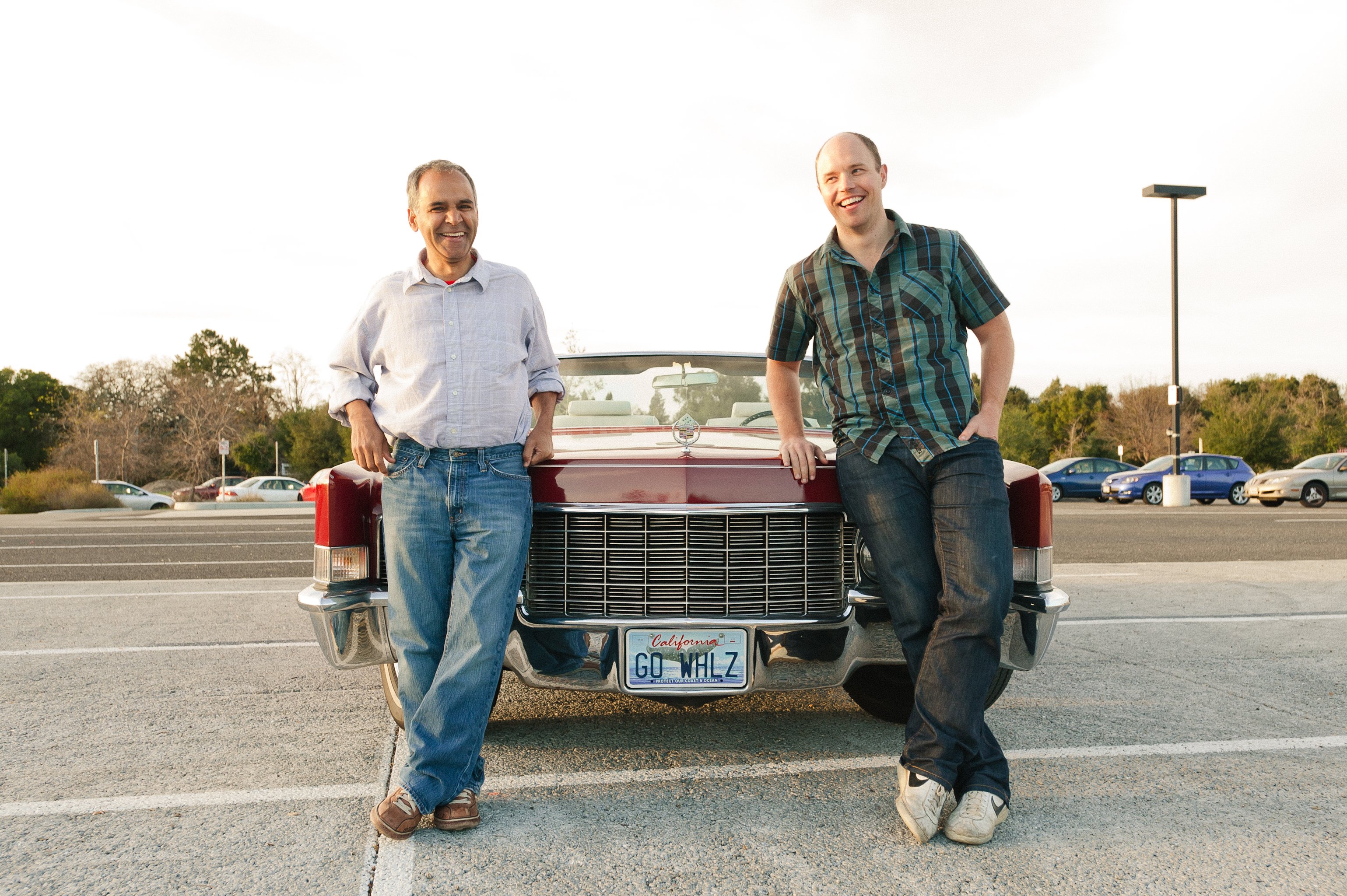
In September 2011, pairs of outrageously dressed Stanford students barged into the freshman dorms of the class of 2015, with one request. “Download the Wheelz app!” they urged, offering t-shirts to the first students to show them the application on their smartphones.
A little more than a year later, it may as well be a rite of passage for incoming freshmen to sign up for Wheelz, a car-sharing service renting out personal cars to community members, used for everything from long road trips to grocery runs.
“Everyone wants the freedom that a car represents, but having every single person on the planet own a car is unsustainable,” said Ann Bordetsky MBA ’09, Wheelz’s head of business development. “Our current model of car ownership has to change.”
Wheelz founder and CEO Jeff Miller MBA ’07 said that the company started out with the realization that the world’s current utilization of vehicles is inefficient. Miller had worked at Better Place, an electric vehicle network provider, where he focused on building transportation solutions. It was there that he came up with the idea for Wheelz.
“It turns out that most cars are parked 95 percent of the time and we looked at that, and said, ‘Is there a way that we can unlock the potential that currently exists in all of these cars that are parked?’”
***
After three years at Better Place, Miller left the company to start Wheelz with co-founder Akhtar Jameel and Aaron Platshon, the company’s marketing and communications head. Jameel had been the CEO of Mercedes-Benz Research & Development North America for eight years and had the know-how to build Wheelz’s technological system.
“The more people we talked to about it, the further we got on experimenting with this idea, the more compelling it became. [Anybody] can relate to either owning a car or not owning a car and needing one,” Miller says.
Initial consumer feedback inspired the founders to take the leap as car-sharing services became more and more popular. It was then that the real work began.
“We started building the technology and launched the service at Stanford initially, totally focused on the university market.” Miller said. As a Graduate School of Business (GSB) alumnus, he felt like he knew both the student body and Stanford’s geography.
“It was either a student needed access to a car or a student had a car and wanted access to more cash,” he said.
David Rust ’11, Wheelz campus marketing lead, said Stanford students were really receptive to Wheelz’s new car sharing service when it first appeared on campus.
“When I first joined Wheelz, I talked to a lot of students and they couldn’t stop saying positive things or telling other students about it,” he said. “You can see how excited a user gets with your product and your service, and that really motivates you.”
Launched in September 2011, Wheelz now operates at eight college campuses across California, including UC-Berkeley, USC and UCLA. The company has also moved its head office to San Francisco and also operates in Downtown Los Angeles with a team of 30 people.
Wheelz’s began as a much smaller project, with seven people working out of a house in Atherton.
“We were only operating at Stanford with around 20 cars and a couple hundred customers using the service,” Miller said. “There was no real investment behind the company at an early stage. There was a big idea but not a lot of traction.”
That all changed in February 2012 when Zipcar, an international car-sharing service, invested $13.7 million in the company. Big names, including a firm founded by Ford Motors Chairman William Clay Ford, Jr., soon followed.
With the additional capital, Wheelz decided to aim high. They grew their team and pushed to more cities – a year after the investment, the company is now looking national.
“We are eager to bring the service around the country in 2013 and are well-positioned to do so,” Miller said. Though he could not go into details about the exact cities they are targeting for expansion, he noted the pace of change at the company since they’ve pivoted nationally.
“We have developed state-of-the-art, cutting-edge technology and though we don’t talk about our metrics, in terms of cars, we’re in the hundreds,” Miller said. “Everything has changed from where we stand as a company.”
***
“When we started thinking about peer-to-peer car sharing, the big question was, ‘Will people actually share their cars with the people around them?’” Rust said. “We were pleasantly surprised [with what we saw] because no one had done it before.”
Miller attributed their success to being able to solve problems quickly.
“One of the bigger challenges is you’re faced with a sea of data and trying to interpret that data, you still have imperfect information,” he said. “You look at what’s happening in the market, recalibrate your strategy and adjust to what the market is saying.”
He added that he strives to create an environment where people feel like they can come forward with their best ideas.
“As a leader, the challenges have been trying to create an environment by making good decisions as a company,” he said. “The best ideas don’t usually come from the top, they come from different parts within an organization.”
Jason van der Merwe ’15, who interned at Wheelz last summer and now serves as one of three campus marketing interns, attested to Wheelz’s “good sense of company culture.”
“I had never been around such smart people, who come from very unique backgrounds and have so much passion and excitement around the product they want to create,” he said. “There’s a great, fun vibe to Wheelz, especially at a college campus.”
